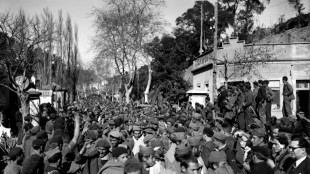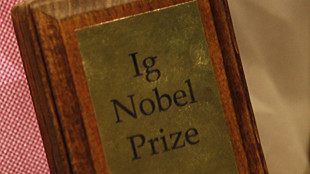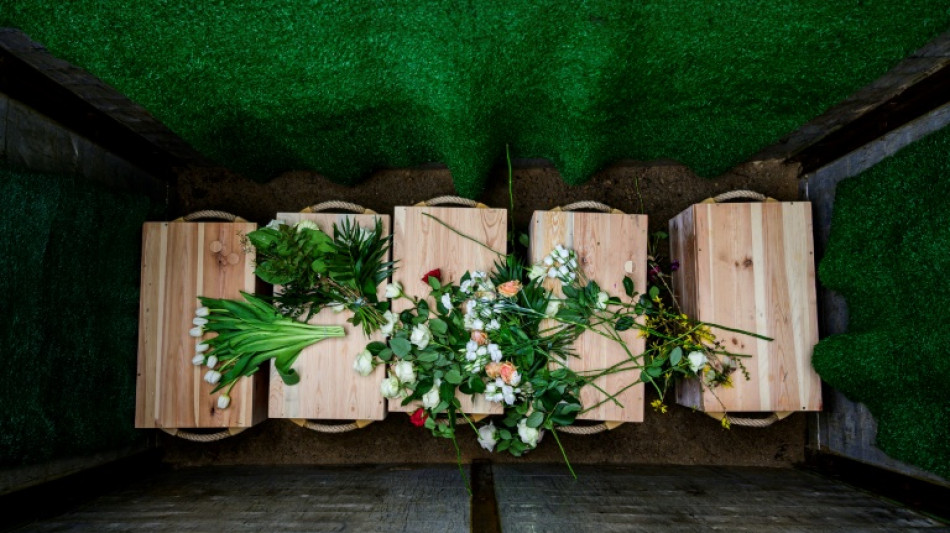
-
 Women sommeliers are cracking male-dominated wine world open
Women sommeliers are cracking male-dominated wine world open
-
Exhibition of Franco-Chinese print master Zao Wou-Ki opens in Hong Kong
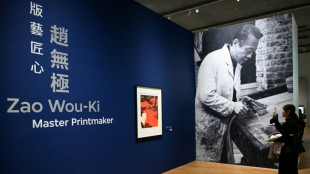
-
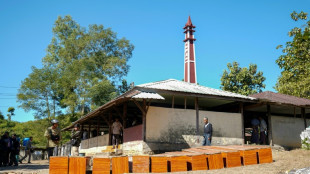 Myanmar junta denies killing civilians in hospital strike
Myanmar junta denies killing civilians in hospital strike
-
Why SpaceX IPO plan is generating so much buzz
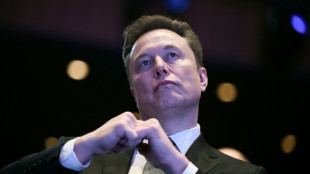
-
 Thailand continues Cambodia strikes despite Trump truce calls
Thailand continues Cambodia strikes despite Trump truce calls
-
US envoy to meet Zelensky, Europe leaders in Berlin this weekend

-
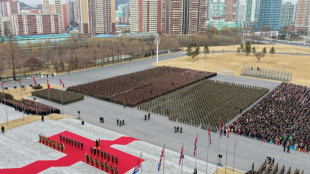 North Korea acknowledges its troops cleared mines for Russia
North Korea acknowledges its troops cleared mines for Russia
-
US unseals warrant for tanker seized off Venezuelan coast

-
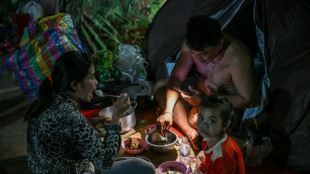 Cambodia says Thailand still bombing hours after Trump truce call
Cambodia says Thailand still bombing hours after Trump truce call
-
Machado urges pressure so Maduro understands 'he has to go'
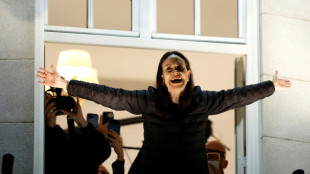
-
 Best Gold Investment Companies in USA Announced (Augusta Precious Metals, Lear Capital, Robinhood IRA and More Ranked)
Best Gold Investment Companies in USA Announced (Augusta Precious Metals, Lear Capital, Robinhood IRA and More Ranked)
-
Leinster stutter before beating Leicester in Champions Cup

-
 World stocks mostly slide, consolidating Fed-fuelled gains
World stocks mostly slide, consolidating Fed-fuelled gains
-
Crypto firm Tether bids for Juventus, is quickly rebuffed

-
 Union sink second-placed Leipzig to climb in Bundesliga
Union sink second-placed Leipzig to climb in Bundesliga
-
US Treasury lifts sanctions on Brazil Supreme Court justice
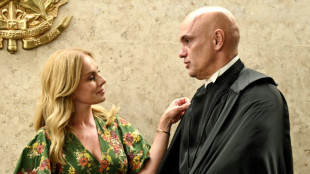
-
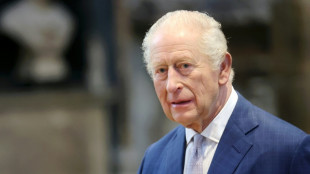 UK king shares 'good news' that cancer treatment will be reduced in 2026
UK king shares 'good news' that cancer treatment will be reduced in 2026
-
Wembanyama expected to return for Spurs in NBA Cup clash with Thunder
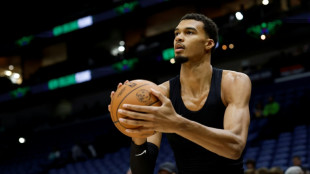
-
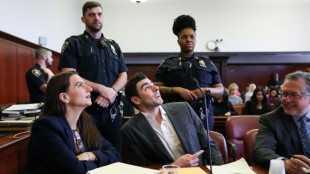 Five takeaways from Luigi Mangione evidence hearings
Five takeaways from Luigi Mangione evidence hearings
-
UK's king shares 'good news' that cancer treatment will be reduced in 2026
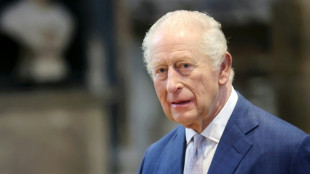
-
 Steelers' Watt undergoes surgery to repair collapsed lung
Steelers' Watt undergoes surgery to repair collapsed lung
-
Iran detains Nobel-prize winner in 'brutal' arrest

-
 NBA Cup goes from 'outside the box' idea to smash hit
NBA Cup goes from 'outside the box' idea to smash hit
-
UK health service battles 'super flu' outbreak

-
 Can Venezuela survive US targeting its oil tankers?
Can Venezuela survive US targeting its oil tankers?
-
Democrats release new cache of Epstein photos

-
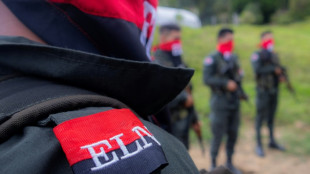 Colombia's ELN guerrillas place communities in lockdown citing Trump 'intervention' threats
Colombia's ELN guerrillas place communities in lockdown citing Trump 'intervention' threats
-
'Don't use them': Tanning beds triple skin cancer risk, study finds
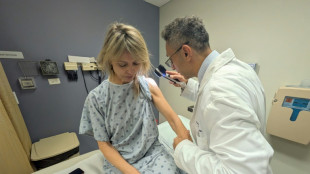
-
 Nancy aims to restore Celtic faith with Scottish League Cup final win
Nancy aims to restore Celtic faith with Scottish League Cup final win
-
Argentina fly-half Albornoz signs for Toulon until 2030

-
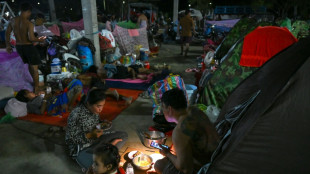 Trump says Thailand, Cambodia have agreed to stop border clashes
Trump says Thailand, Cambodia have agreed to stop border clashes
-
Salah in Liverpool squad for Brighton after Slot talks - reports

-
 Marseille coach tips Greenwood as 'potential Ballon d'Or'
Marseille coach tips Greenwood as 'potential Ballon d'Or'
-
Draw marks 'starting gun' toward 2026 World Cup, Vancouver says

-
 Thai PM says asked Trump to press Cambodia on border truce
Thai PM says asked Trump to press Cambodia on border truce
-
Salah admired from afar in his Egypt home village as club tensions swirl
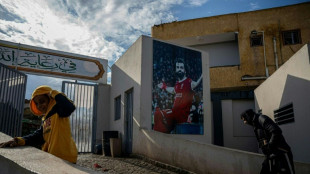
-
 World stocks retrench, consolidating Fed-fuelled gains
World stocks retrench, consolidating Fed-fuelled gains
-
Brazil left calls protests over bid to cut Bolsonaro jail time

-
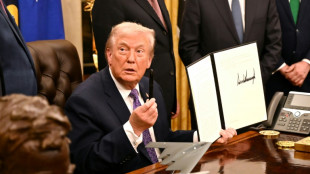 Trump attack on Europe migration 'disaster' masks toughening policies
Trump attack on Europe migration 'disaster' masks toughening policies
-
US plan sees Ukraine joining EU in 2027, official tells AFP

-
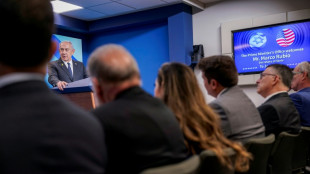 'Chilling effect': Israel reforms raise press freedom fears
'Chilling effect': Israel reforms raise press freedom fears
-
Iran frees child bride sentenced to death over husband's killing: activists
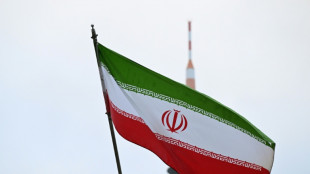
-
 No doubting Man City boss Guardiola's passion says Toure
No doubting Man City boss Guardiola's passion says Toure
-
Youthful La Rochelle name teen captain for Champions Cup match in South Africa

-
 World stocks consolidate Fed-fuelled gains
World stocks consolidate Fed-fuelled gains
-
British 'Aga saga' author Joanna Trollope dies aged 82
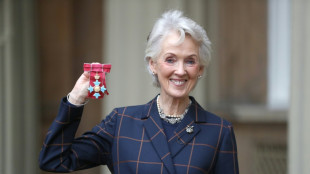
-
 Man Utd sweat on Africa Cup of Nations trio
Man Utd sweat on Africa Cup of Nations trio
-
EU agrees three-euro small parcel tax to tackle China flood

-
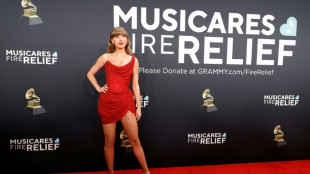 Taylor Swift breaks down in Eras documentary over Southport attack
Taylor Swift breaks down in Eras documentary over Southport attack
-
Maresca 'relaxed' about Chelsea's rough patch


Bone fragments held by Nazis get funeral in Berlin
A funeral was held on Thursday for thousands of human bone fragments found during excavations at Berlin's Freie Universitaet, thought to have been part of "scientific" collections held by the Nazis.
The fragments belonging to at least 54 men, women and children, mostly dating from at least two centuries ago, were buried at a ceremony organised by the Freie Universitaet at a cemetery in the west of the German capital.
Following a musical introduction from a pianist and cellist, five wooden boxes containing the bones were lowered into the ground.
A rectangular gravestone on the plot was surrounded by colourful wreaths of flowers and inscribed with the words: "In memory of the victims of the crimes committed in the name of science."
"There are atrocities over which no grass can grow or should be allowed to grow. It is our duty to remember," Guenter Ziegler, president of Freie Universitaet, told around 40 mourners.
The bone fragments, ranging from the size of a fingernail to around 12 centimetres, were first discovered during construction work at the university in 2014.
Over the next two years, a total of around 16,000 more were found during archaeological digs on the site.
As well as human bones, they also included fragments of the skeletons of rats, rabbits, pigs and sheep.
- Colonial crimes -
The site where they were found was once home to the notorious Kaiser Wilhelm Institute of Anthropology, Human Heredity and Eugenics (KWIA).
Founded in 1927, the KWIA was a hub for Nazi scientists during World War II -- including doctor Josef Mengele, notorious for his experiments on prisoners in the Auschwitz concentration camp.
Traces of glue and inscriptions on the bones suggested they were part of collections held by the institute, experts say.
The experts concluded that the bones came from "criminal contexts" dating back to the colonial period in particular, but that "some of the bones may also have come from victims of Nazi crimes".
After lengthy consultations, the university decided not to perform any further investigations on the bones, out of respect for the victims.
Separating them into categories "according to different sources, different crimes and different parts of the world" would risk repeating history, Ziegler told AFP ahead of the funeral.
"We would then have reproduced exactly what we wanted to avoid, a division into different classes," he said.
- 'Show solidarity' -
"Of course, I would like to know who these people were, but it wouldn't be appropriate given what was done to people in the name of the institute," Susan Pollock, the archaeologist who led the research, told AFP.
Pollock noted that the KWIA's first director, Eugen Fischer, conducted research in the German colonies in southern Africa at the beginning of the 20th century.
A collection of human remains from around the world named for the anthropologist Felix von Luschan -- who carried out the collecting partly in the colonial context -- was also housed in the institute.
The KWIA "turned human lives into things, into research objects", Pollock said.
Mengele sent "eyes of people who were murdered in Auschwitz to this institute", but also other organs, she said.
The decision not to pursue further investigations into the bones was taken in consultation with groups representing the alleged victims -- including the Central Council of Jews in Germany, the Central Council of German Sinti and Roma and the Central Council of the African Community.
"Victims are victims. We do not want to categorise the victims or establish their origin. We simply want our society to show solidarity when minorities are attacked," Daniel Botmann, managing director of the Central Council of Jews, said at the funeral.
L.Miller--AMWN
